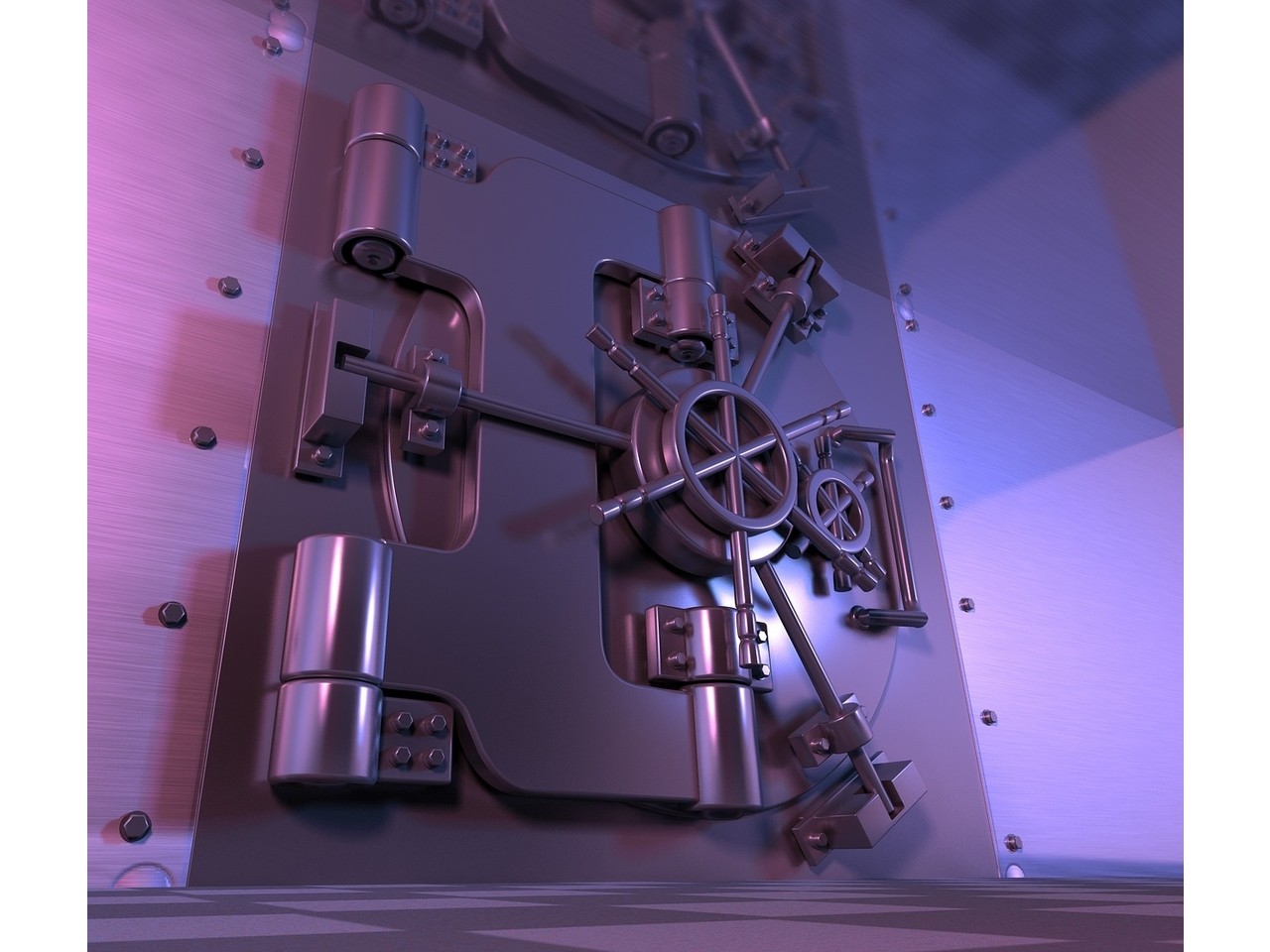Joon Ian Wong, a writer from Quartz Media, recently visited the decommissioned Swiss military bunker that is now being used by Xapo to store bitcoins that are worth millions of dollars. The bunker is located on the eastern shore of Lake Lucerne, in the Attinghausen region of Switzerland. The bunker was constructed by digging into a granite mountain.
The vault is extremely secure as the author states that:
“Its precise location is secret, and access is limited by security measures that would put a Bond villain to shame.”
Some may find it odd that cryptocurrency requires a physical storage, owing to the fact that it is completely virtual, but just like any other tangible material, cryptocurrency also requires a physical medium for storage. It is important to clarify that the vault does not store actual bitcoins, rather it stores private, cryptographic keys. These keys form pairs with public-facing keys, and provide the users with access to the balance of coins that is stored on the Bitcoin network.
Gaining access to someone’s private key is like successfully stealing a bar of gold. There have been numerous cases where hackers have stolen the cryptocurrency of investors. This is one reason why bank-like methods are required to keep the cryptographic keys safe. If the cryptographic key is stolen and the balance is transferred, there is no way of getting the funds back to the original owner of the key.
This is why firms like Xapo are targeted by hackers, and also why Xapo has to take exorbitant amount of security measures. The bank can survive a nuclear blast, and the data center is protected through Faraday cages in order to protect the data from EMP attacks. Electromagnetic signals can disrupt the operations of electronic devices and critically damage the storage devices.
The main hardware that contains the cryptographic keys are placed in cold rooms. In order to restrict entry to these rooms, they are sealed from the outside and taped; not even the operators an access the cold room. The hardware is accessed through special cables, which send encrypted data to the hardware for signaling. In order for a transaction to be completed, approval must be given by two other vaults that are each located in different continents.
The vault is constantly under attack which forces Xapo to constantly come up with new ways to protect their data from hackers. The head of security of Xappo, Carlos Rienzi, says:
“This is not a race. It is a chess game. You have to think about the opponent’s next movement. You can never relax.”

